Oily skin need moisturizers too is a total myth.
A common misunderstanding of oily skin, is that “the skin produces more oil to balance out the dehydration”. Skin’s sebum production is independent of how dehydrated it is, but rather mostly dependent on hormones, such as androgens and our genetic make-up.
If you have very oily or acnegenic skin, try using products containing high humectants (ingredients that attract water), these ingredients include glycerin, hyaluronic acid, or lactobionic acid/PHAs. It is also a myth that we all need a moisturizer or some form of heavy occlusives to seal in moisture from evaporating. Humectants such as snow mushroom or other polysaccharides and some form of long-chain hyaluronic acid can be effective at preventing moisture from escaping the skin effectively. Since humectants are water-soluble, they run a low risk of clogging pores, making them perfect for oily and acnegenic skin types.
A good rule to go by is that if you are not experiencing skin tightness and dryness, there is simply no need to use a moisturizer, choose a serum that contains a good number of humectants instead. If skin dryness persists after the serum, then use a lightweight, gel-based moisturizer first, and if that's not enough, or if you are using any medication that is causing excess dryness, then proceed to a heavier choice.


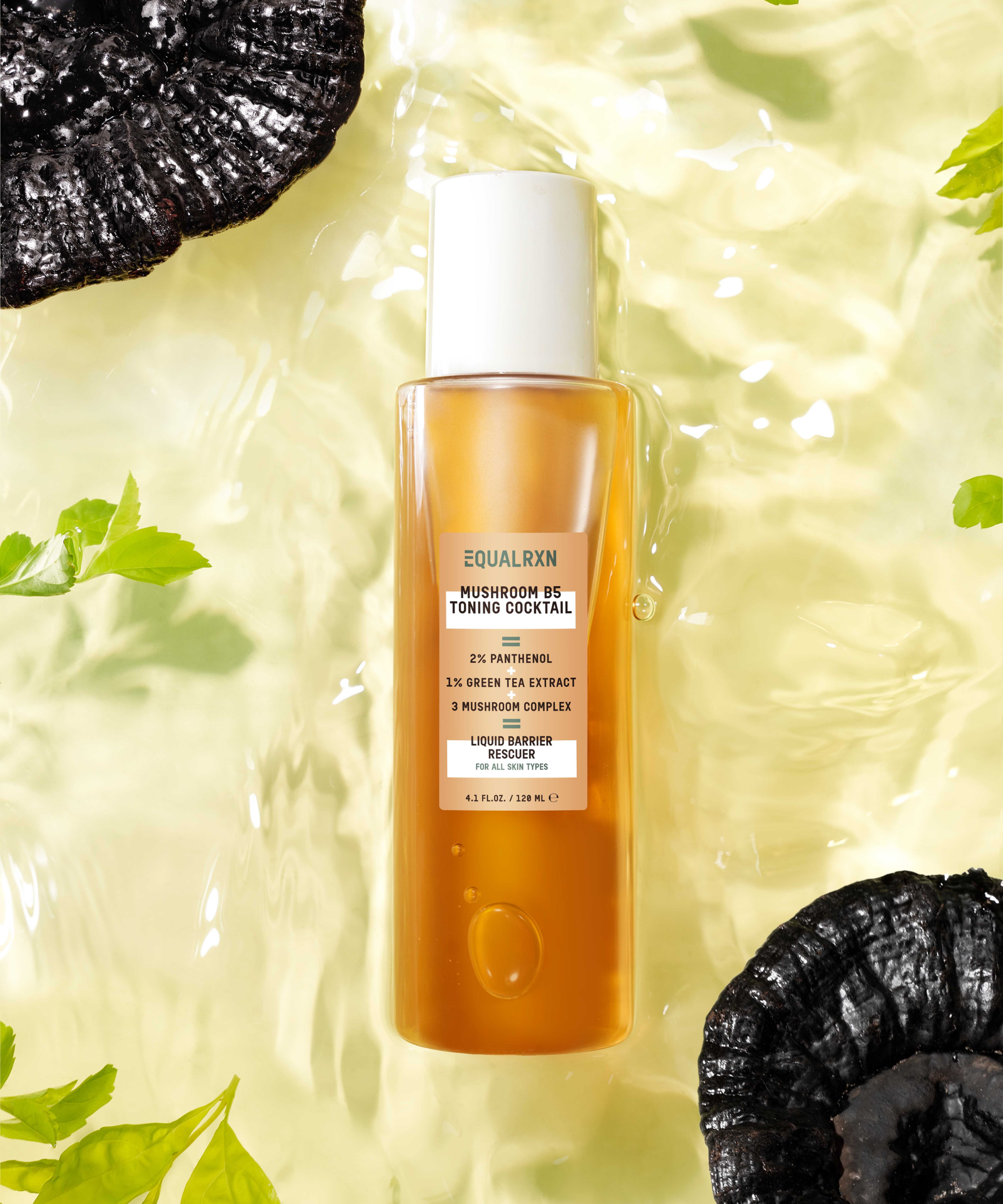
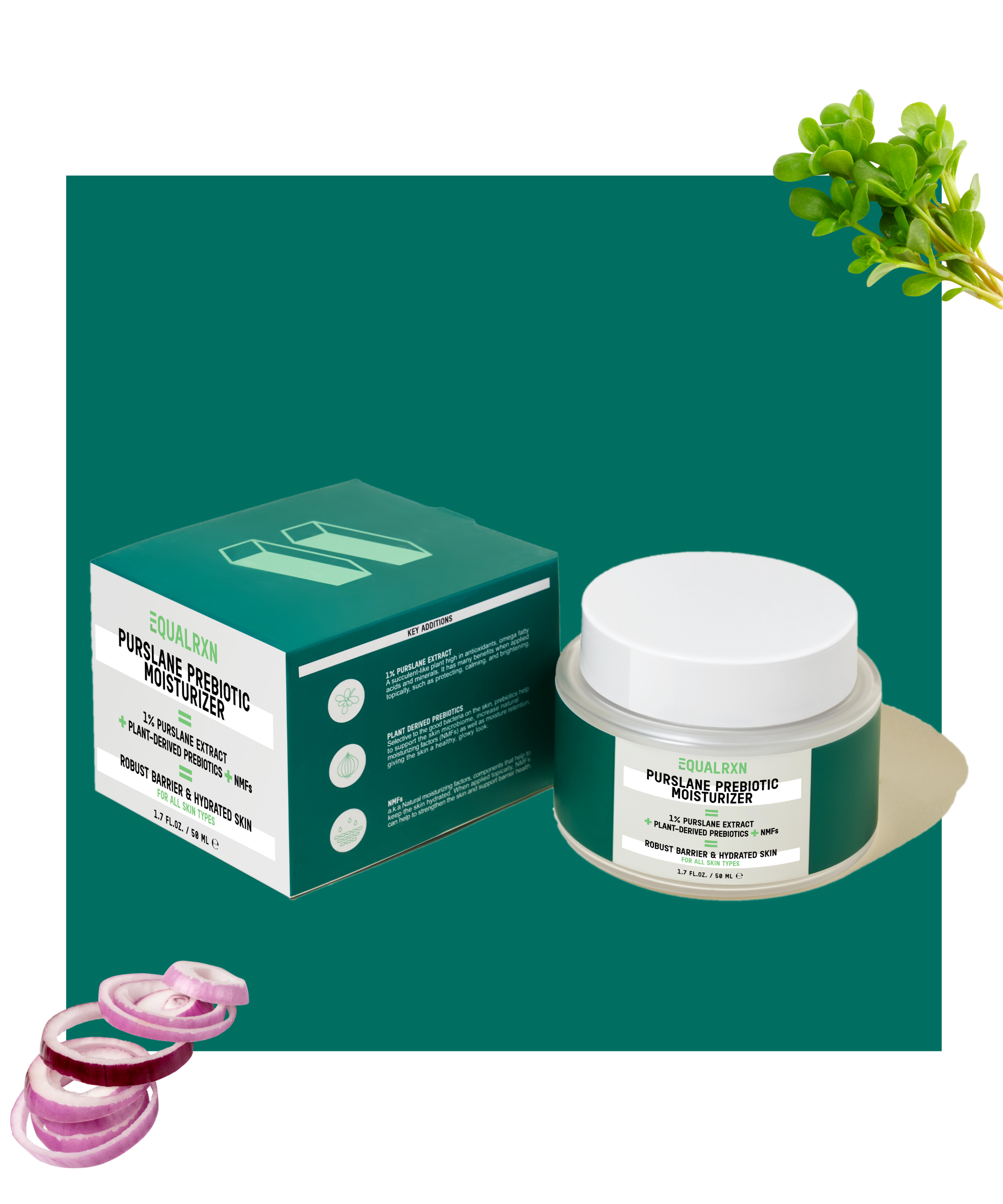
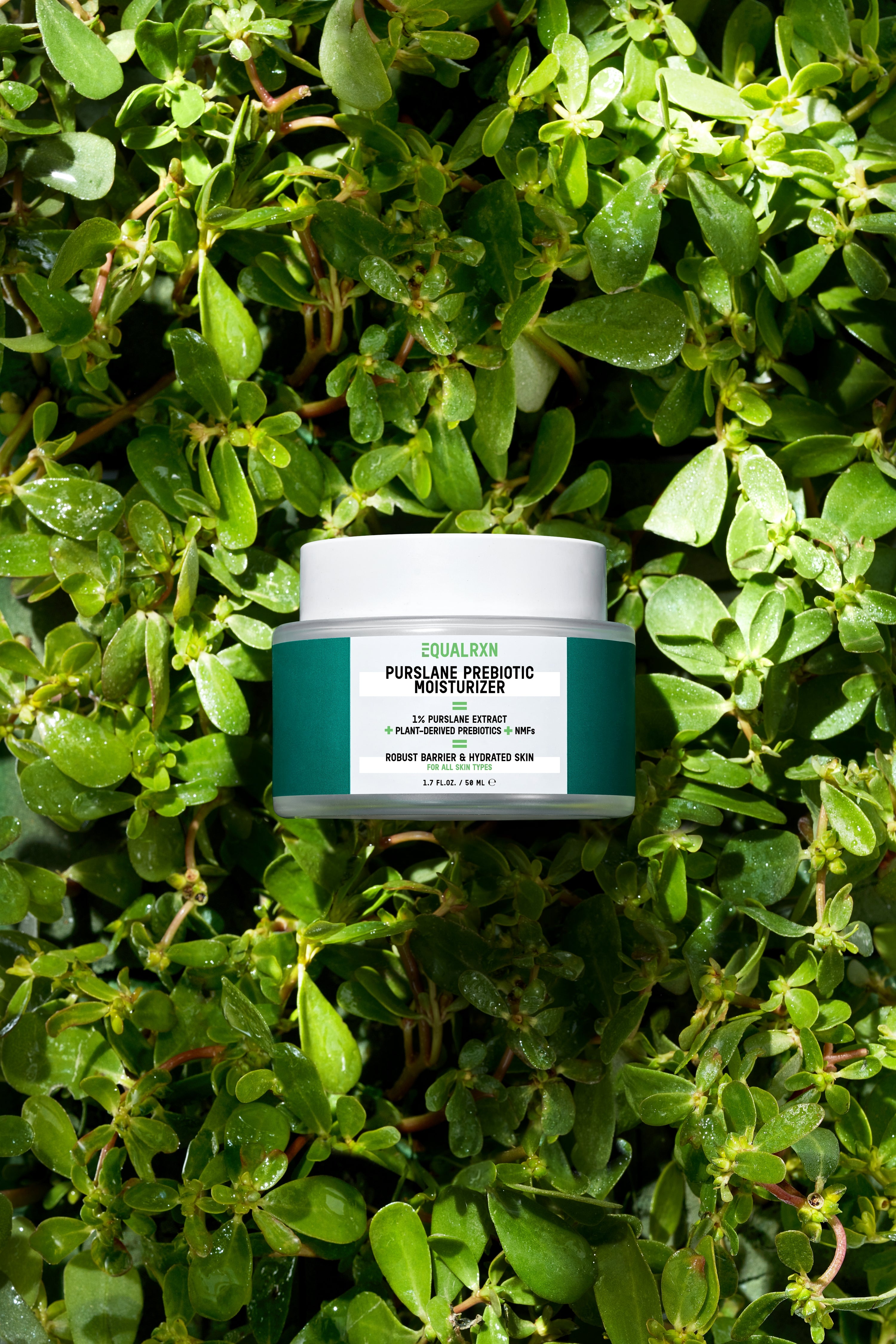
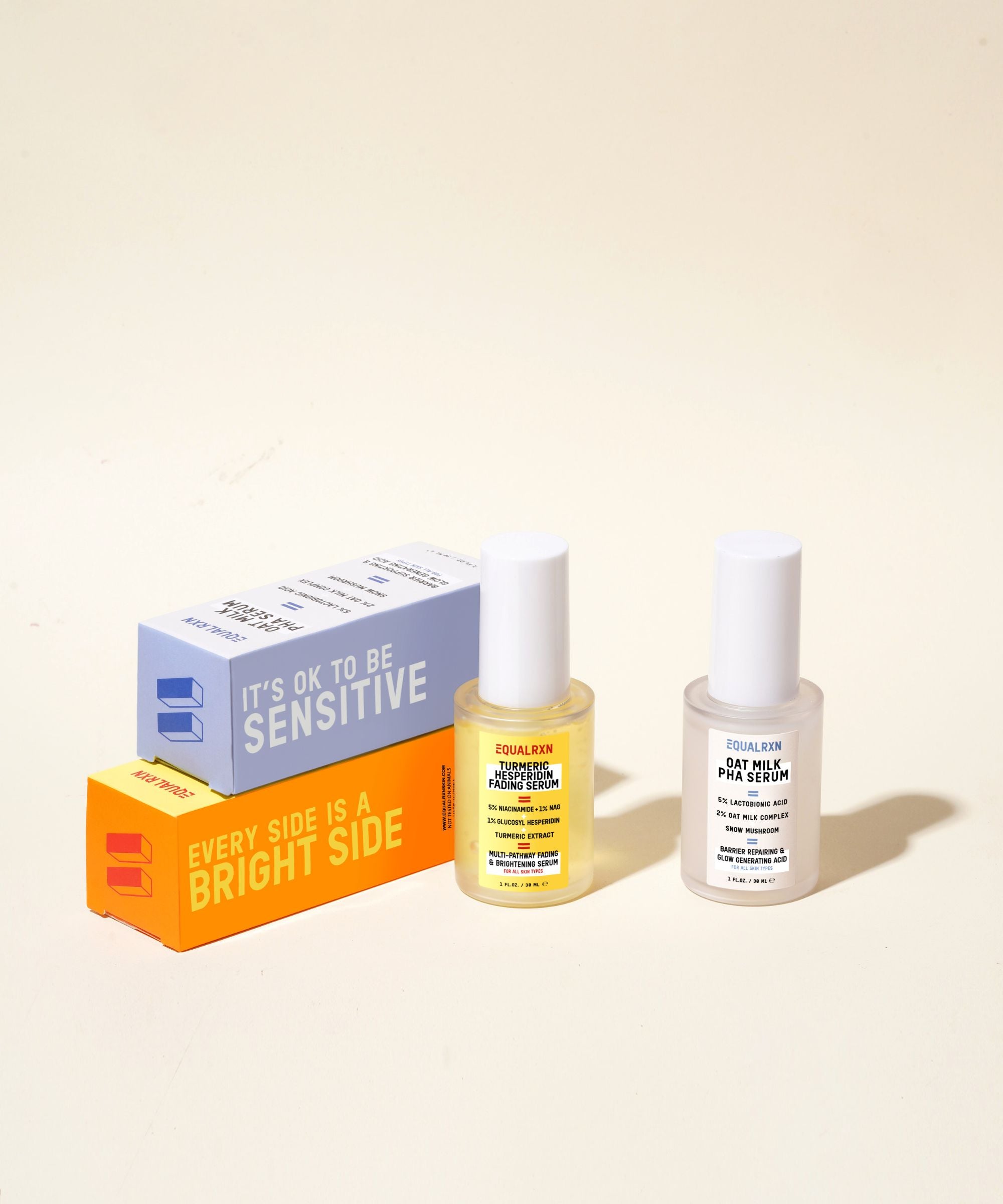
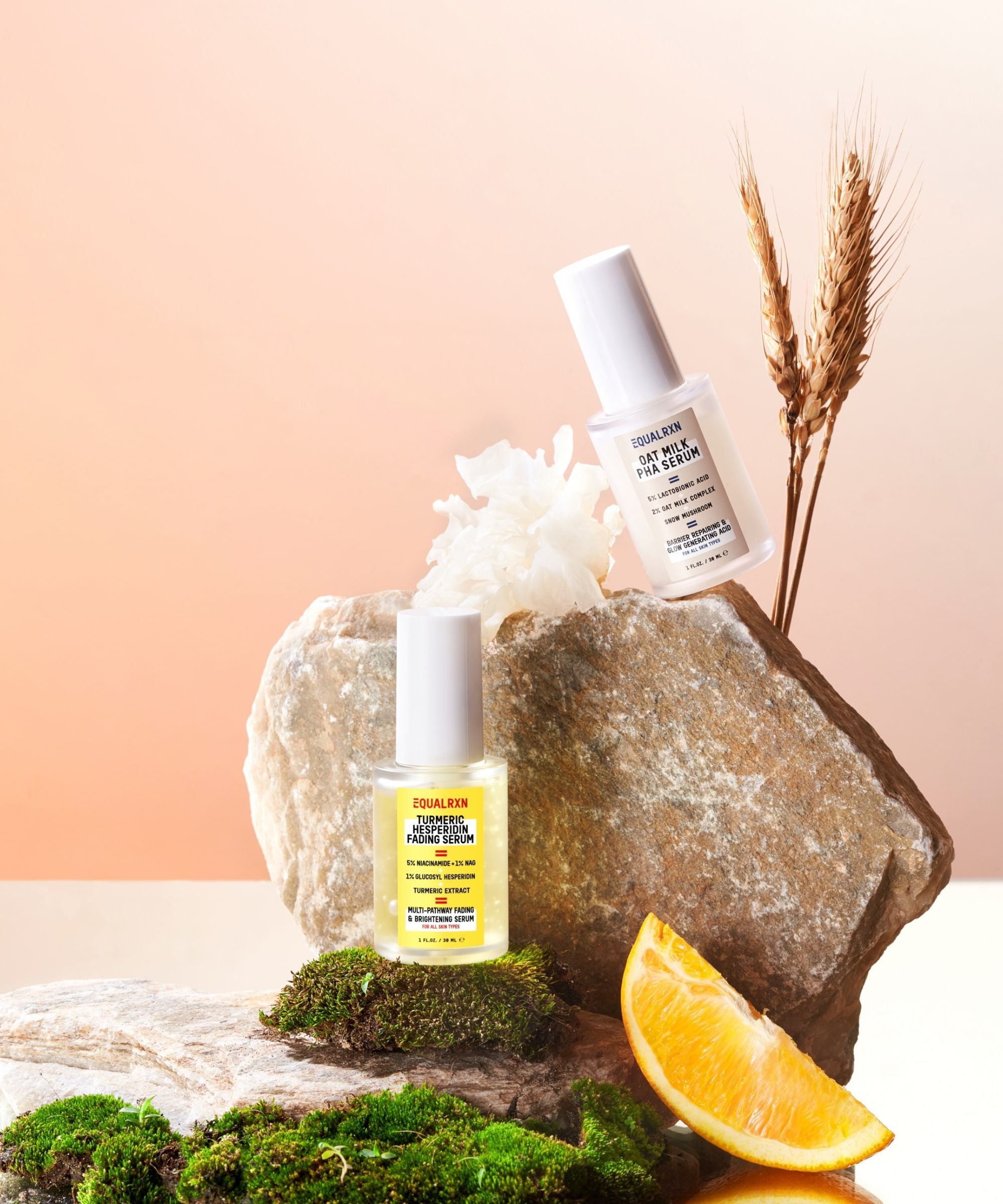
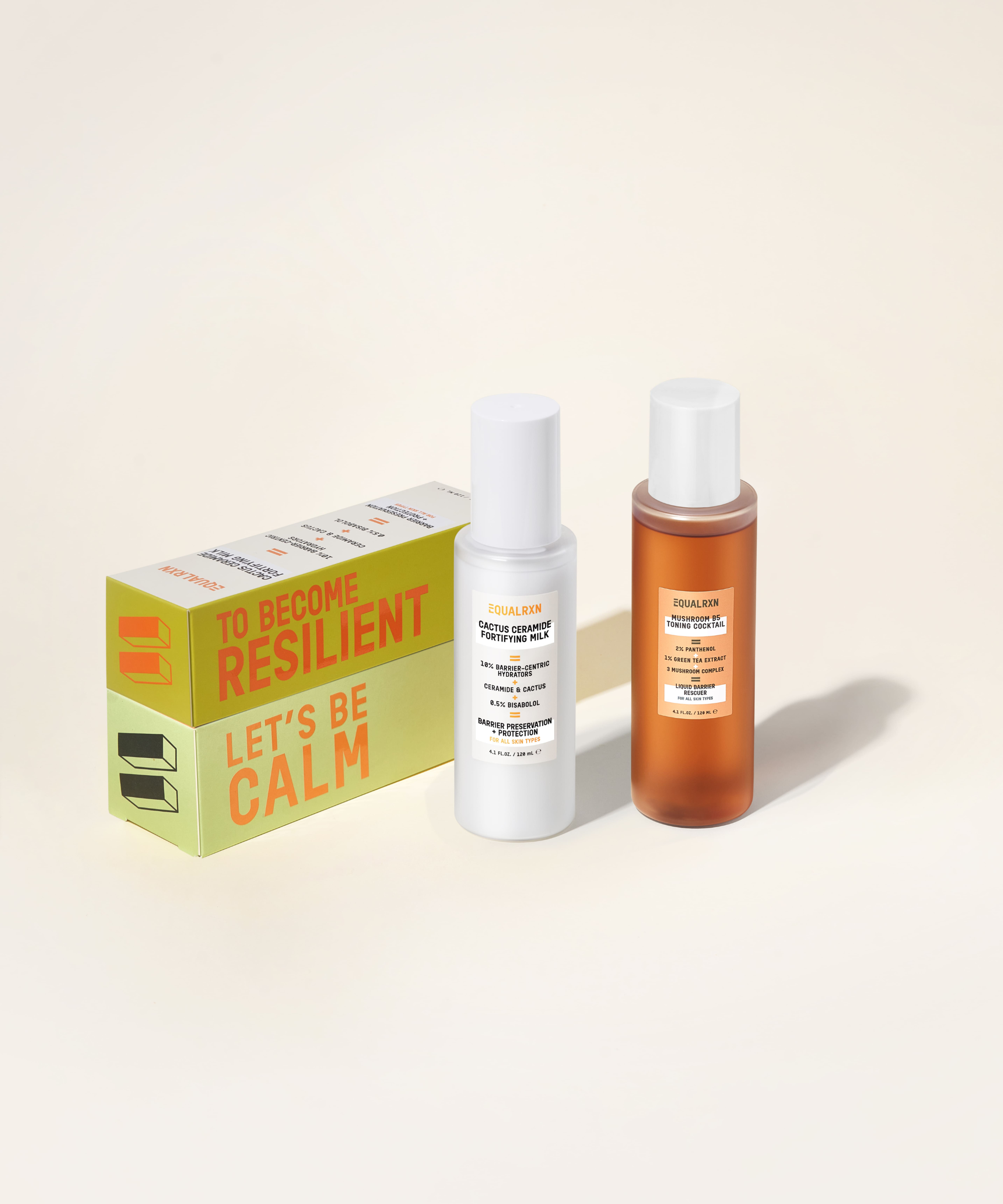
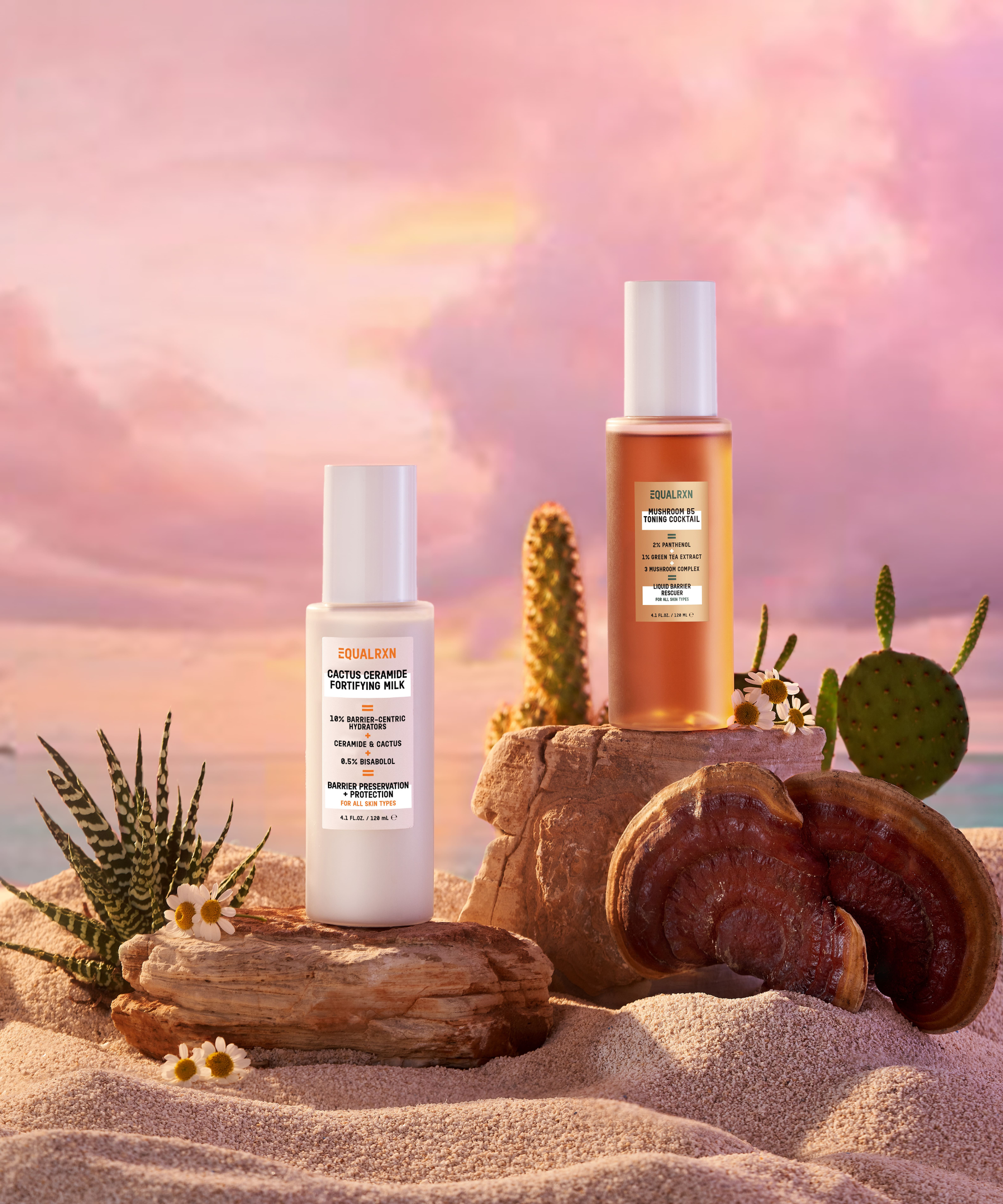

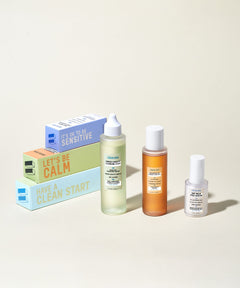
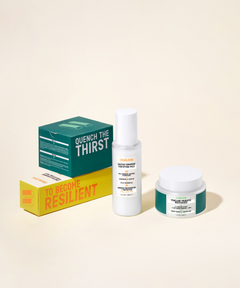
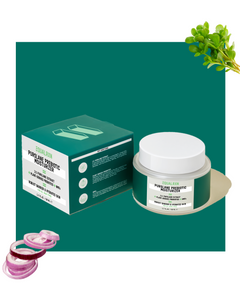
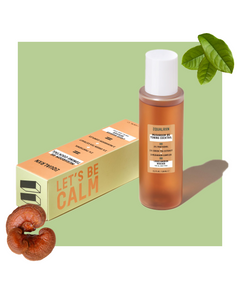


Leave a comment